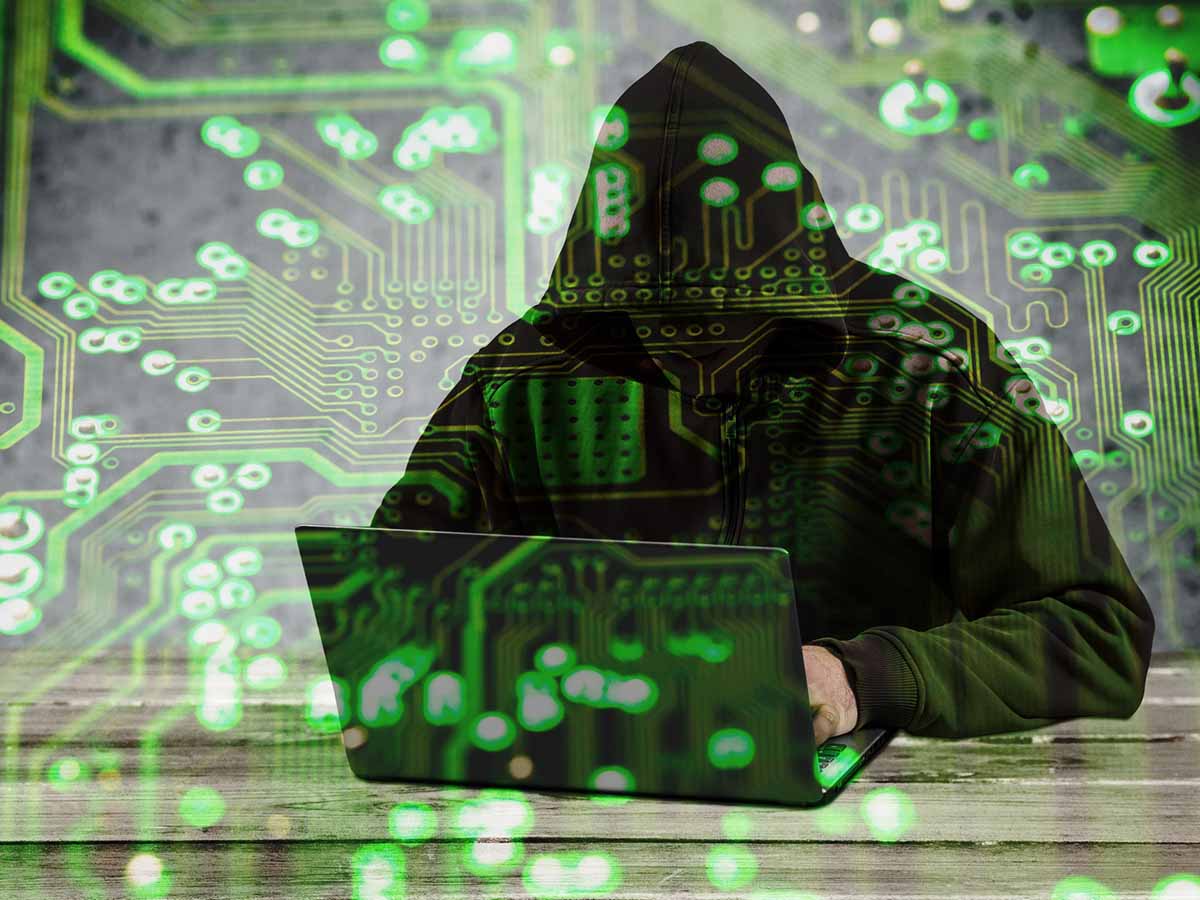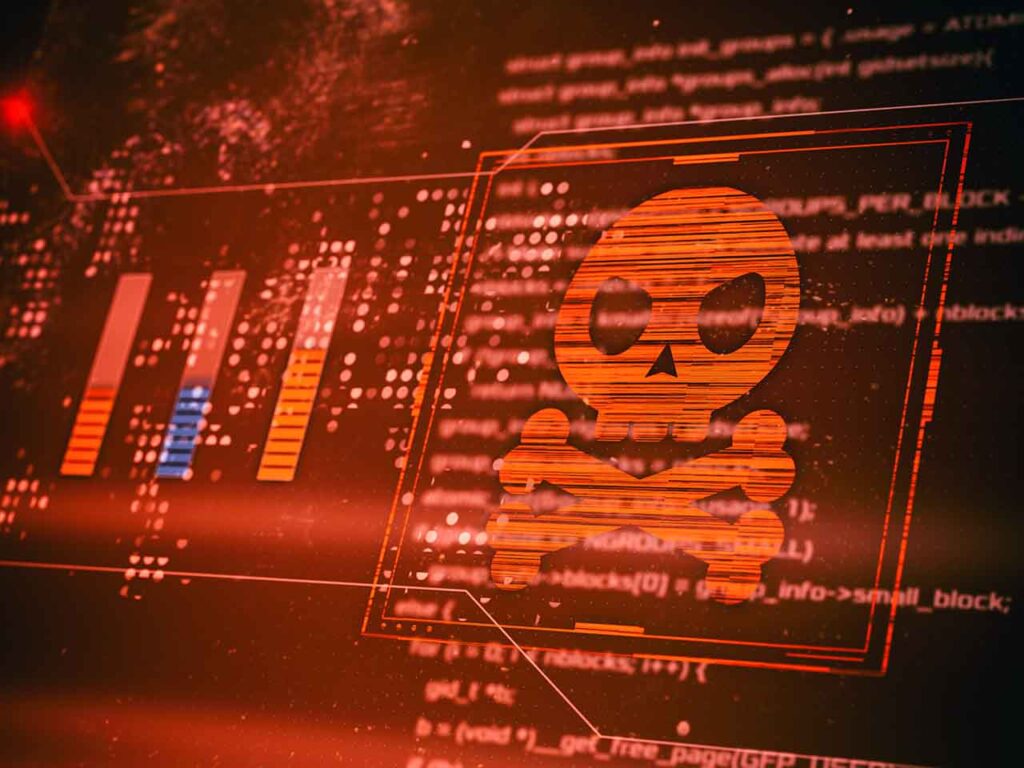Cyber espionage groups have become significant threats to national security and corporate interests. One group that has consistently made headlines is APT1, also known as the Comment Crew.
Who is APT1?
APT1, or Advanced Persistent Threat 1, believed to be one of China’s cyber espionage units, has been linked to a wide range of cyber-attacks, primarily against the United States. These attacks predominantly target industries that align with China’s strategic growth objectives.

Stay One Step Ahead of Cyber Threats
Signature Techniques
APT1 is known for its sophisticated cyber tactics. Some of their hallmark techniques include:
- Spear-phishing emails: Tailored emails sent to specific individuals or companies to deceive them into revealing sensitive information.
- Custom malware: APT1 often uses custom-made malware tools, showing a significant investment in their operations.
- Lateral movement: Once inside a network, APT1 moves laterally, seeking out high-value data and establishing multiple points of persistence.
A History of Intrusions
APT1 has allegedly been responsible for a series of high-profile cyber intrusions:
- Industrial Espionage: Many attacks attributed to APT1 have been on industries such as satellite and aerospace, energy, and telecommunications. Their objective is often intellectual property theft.
- Political Surveillance: Aside from corporate interests, APT1 has shown interest in political targets, hinting at a broader espionage agenda.
Exposing APT1: A Watershed Moment
In 2013, the cybersecurity firm Mandiant released a report directly attributing APT1 to the Chinese People’s Liberation Army’s Unit 61398.
The detailed exposé mapped out the infrastructure, tactics, and targets of APT1, making it one of the most comprehensive unmaskings in cybersecurity history.
Global Response and Implications
The revelations about APT1 led to heightened tensions in international diplomacy, especially between the U.S. and China.
It prompted discussions on the rules of engagement in cyberspace and the definition of cyber warfare.
While direct confrontations were avoided, the revelations highlighted the pressing need for improved cybersecurity measures worldwide.
Conclusion
APT1’s activities serve as a reminder of what lurks in the intricate, shadowy, and high-stakes world of cyber espionage.
As nations and corporations grapple with the threat posed by such groups, it underscores the need for vigilant cybersecurity practices, international cooperation, and clear cyber doctrines.
"Amateurs hack systems, professionals hack people."
-- Bruce Schneier, a renown computer security professional






